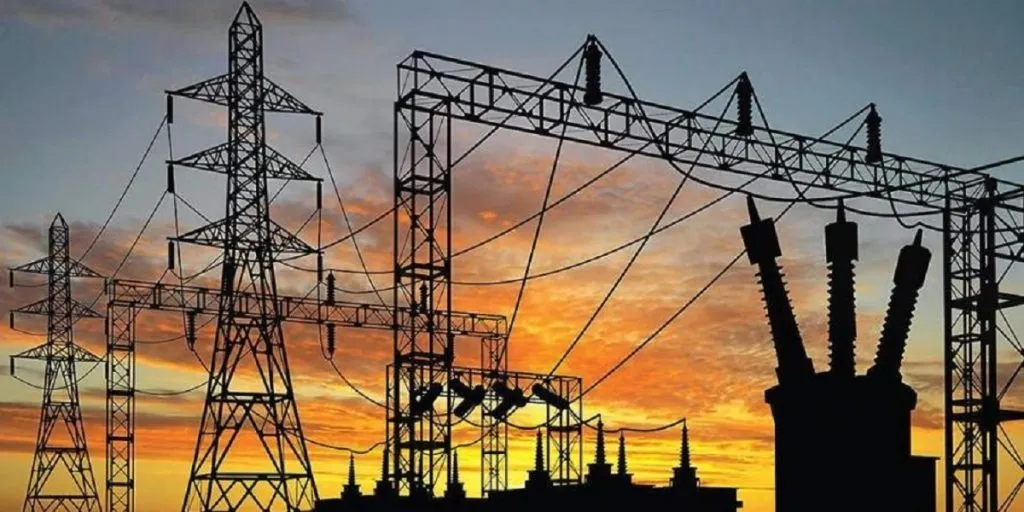Nigeria’s Electricity Woes Continue as Telecom Triumph Highlights Reform Gaps
Nigeria’s power sector continues to struggle despite decades of reform efforts, standing in stark contrast to the telecommunications industry, which transformed into a competitive, innovative, and widely accessible service following liberalization in the early 2000s.
While the telecom sector became a model of successful deregulation and foreign investment, the power industry remains plagued by chronic inefficiency, inadequate generation, and unreliable distribution.
The telecom revolution was driven by transparent licensing, private sector participation, and regulatory independence, leading to rapid expansion of mobile networks, internet penetration, and digital services.
In contrast, the power sector has faced persistent challenges including outdated infrastructure, funding gaps, regulatory uncertainty, and commercial losses from electricity theft and non-payment.
Privatization of power distribution companies (DISCOs) in 2013 failed to deliver expected improvements, with many operators lacking the capital and expertise to modernize grids or reduce technical losses.
Generation capacity remains insufficient to meet national demand, resulting in frequent blackouts and reliance on expensive private generators by households and businesses.
Government interventions such as the National Integrated Power Projects (NIPP) and financial bailouts have yielded limited results, while policy inconsistencies and tariff disputes further deter private investment.
The recent Electricity Act of 2023 aims to decentralize control and encourage renewable energy, but implementation challenges persist.
The contrasting outcomes highlight the importance of strong institutions, market-driven incentives, and regulatory clarity in infrastructure reform. Learning from the telecom success,
Nigeria must prioritize governance improvements, attract credible investors, and embrace renewable energy solutions to finally energize its power sector and support economic growth.
Source: BusinessDay.
news via inbox
Get the latest updates delivered straight to your inbox. Subscribe now!




